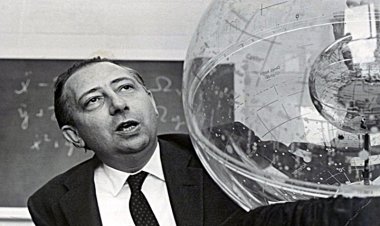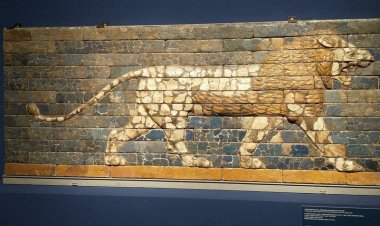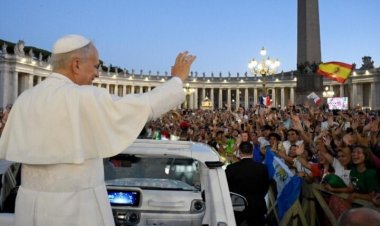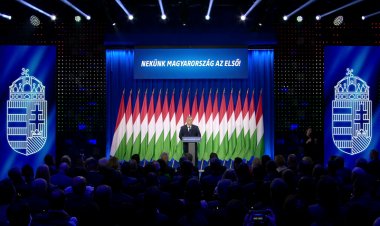All Saints' Day
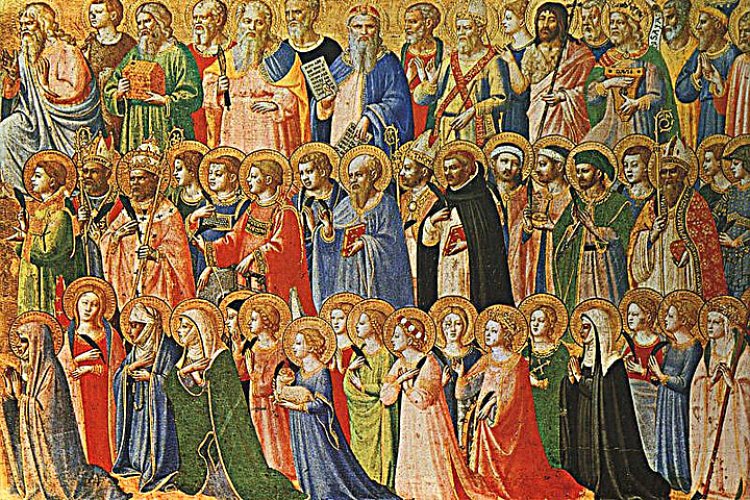
This day is, also known as All Hallows' Day, the Feast of All Saints, the Feast of All Hallows, the Solemnity of All Saints, and Hallowmas, is a Christian solemnity celebred in honour of all the saints of the church, whether they are known or unknown.
From the 4th century, feasts commemorating all Christian martyrs were held in various places, on various dates near Easter and Pentecost. In the 9th century, some churches in the British Isles began holding the commemoration of all saints on 1 November, and in the 9th century this was extended to the whole Catholic church by Pope Gregori IV.
In West Christianity, it is still celebrated on 1 November by the Roman Catholic Church as well as many Protestant churches, as the Lutheran, Anglican and Methodist traditions.
The hymn "For All the Saints" was written as a processional hymn by the Anglican Bishop of Wakefield, the ordinary of the now-defunct Churcs of England in the Province of York, William Walsham How. It was first printed in Hymns for Saints' Days, and Other Hymns, by Earl Nelson, 1864.
The hymn was sung to the melody Sarum, by the Victorian composer Joseph Barnby, until the publication of the English Hymnal in 1906. This hymnal used a new setting by Ralph Vaughan Williams which he called Sine Nomine (literally, "without name") in reference to its use on the , Feast of All Saints, 1 November (or the first Sunday in November, All Saints Sunday in the Lutheran Church). It has been described as "one of the finest hymn tunes of the 20th century."
The composer Ralph Vaughan Williams lived 12 October 1872 – 26 August 1958. His works include operas, ballets, chamber music, secular and religious vocal pieces and orchestral compositions including nine symphonies, written over sixty years. Strongly influenced by Tudor music and English folk-songs, his output marked a decisive break in British music from its German-dominated style of the 19th century.
Vaughan Williams was born to a well-heeled family with strong moral views and a progressive social life. Throughout his life he sought to be of service to his fellow citizens, and believed in making music as available as possible to everybody. He wrote many works for amateur and student performance. He was musically a late developer, not finding his true voice until his late thirties; his studies in 1907–1908 with the French composer Maurice Ravel helped him clarify the textures of his music and free it from Teutonic influences.







